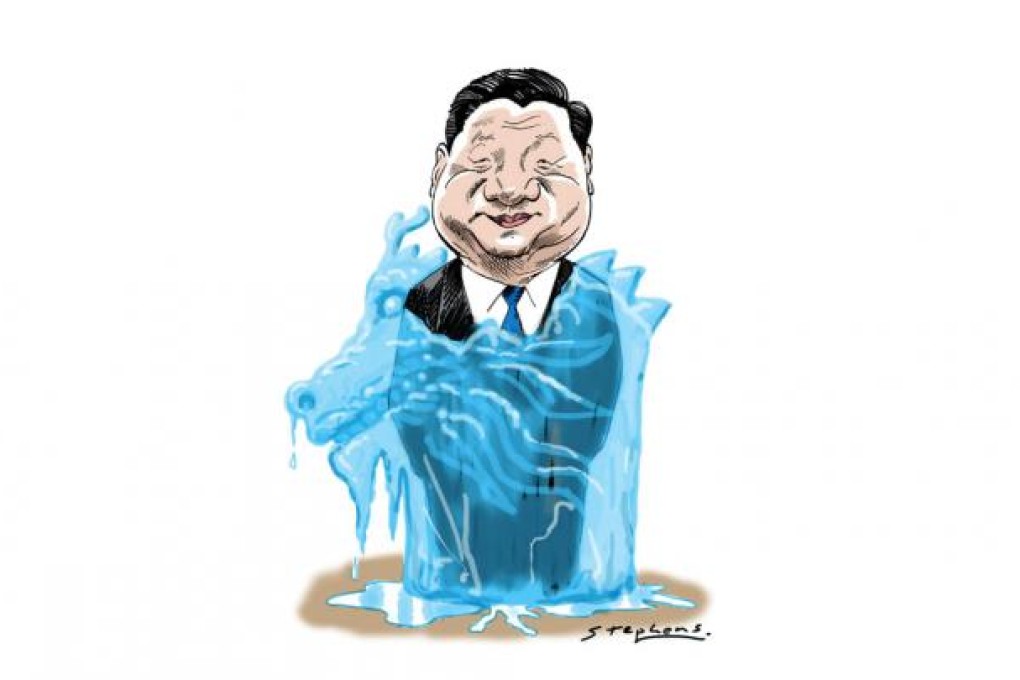China could see diplomatic revolution under Xi Jinping
Zhu Feng says Xi Jinping understands the role the world expects China to play, and that - combined with some touches of humanity and fun - could result in a foreign policy revolution

Xi Jinping is now general secretary of the Communist Party and chairman of the Central Military Commission, giving him supreme authority over China's armed forces. In March, he will become president.
How does China's new leader see the world, and how will he handle foreign policy? Do his style and preferences differ significantly from those of his predecessor, Hu Jintao ? The answers will determine China's relations with the world for the next decade.
China's leaders approach power in a very different way than do political leaders in, say, the United States. American politicians must sell their ideas and values to voters; China's leaders do not need to inform the press and the public directly about anything, including their foreign policy positions. Indeed, with the notable exceptions of Mao Zedong and Deng Xiaoping , China's leaders have seldom imposed their own personalities on the country's diplomacy.
In this sense, Xi's leadership style will most likely continue in the tradition of his predecessors. Nevertheless, his outlook and world view are surely different from Hu's.
For starters, Xi is part of a generation raised and educated mostly in China's reform era, which has been a decisive influence in their lives. China opened up to the world in 1978, when Xi and his contemporaries were young men eager to understand the world outside. They are a generation inspired by Deng's realistic approach to shattering the walls that radical leftists had built around China and one that believes knowledge can change the destiny of the country and its people.
When this generation assumes the mantle of leadership, its members will turn their passion and curiosity about knowledge and innovation into real work. They are surely willing to learn from the wider world as they seek to promote China's national interests abroad and encourage gradual change at home.
Xi may address Chinese diplomacy's thorniest issues - particularly Sino-US relations - with more realism and flexibility than in recent years. His visit to the US in February was widely regarded as a sequel to Deng's visit in January 1979. Xi talked to President Barack Obama and visited the Pentagon. He gave a luncheon speech and saw old friends from his brief stay in Iowa as a young man. He showed interest in American culture, just as Deng did. He ate chocolate and watched NBA games.